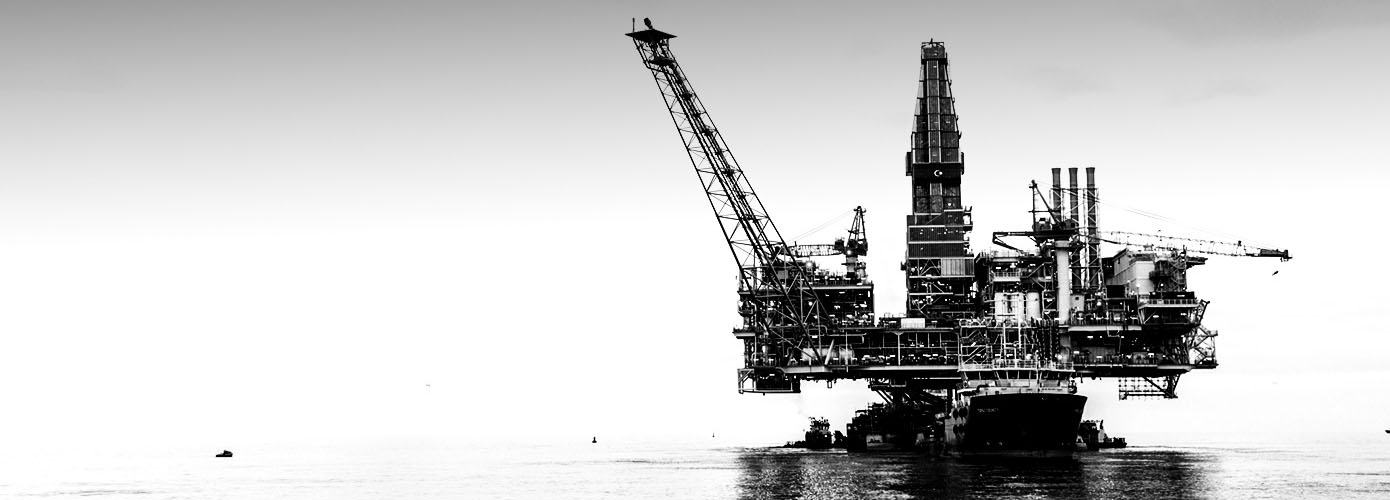Better understanding
offshore drilling
What’s offshore drilling?
Offshore drilling is the activity of searching for and extracting oil and gas deposits from the sea or ocean. As we are using up oil and gas reserves, the drilling moves further from the coast and deeper from the surface. Today, some platforms drill at more than 3000 m underwater, extracting resources that are more than 12000 m deep. The deeper we go, the more risk we are imposing on the environment and human lives.
Offshore drilling generally takes place in four phases: prospecting, exploration, extraction and dismantling. Each stage poses serious threat to human lives, marine biodiversity and water quality.
What are the dangers of offshore drilling?
- The noise emitted during seismic testing deafens marine mammals and causes increased beach strandings, while having an additional impact on fish and plankton.
- Drilling at sea represents a great risk of gas and oil spills. The Elgin leak in 2012, for example, released nearly 6,000 tons of gas into the ocean continuously for 7 weeks, generating a slick more than 11 km long.
- Outside of great risk of gas and oil spills, the daily release of toxic substances pollutes the water (liquid sludge can contain arsenic, mercury, radioactive materials, etc.) with irreversible consequences for the environment.
- When oil and gas platforms are not properly dismantled, they become marine waste, leaving behind thousands of tons of contaminated water, the concrete bases and parts of metal structures.
Offshore drilling does not make much sense economically, either. In Europe, offshore oil and gas activities employ 40 times less people than tourism and fisheries and bring in 5 times less economic value. At the same time, offshore oil and gas exploration and exploitation put those 2 industries at permanent risk, posing real danger to the lives and livelihoods of coastal communities.
Want to learn more? Read our blogpost and our Manifesto co-signed with 25 European NGOs.

 surfrider.eu
surfrider.eu
